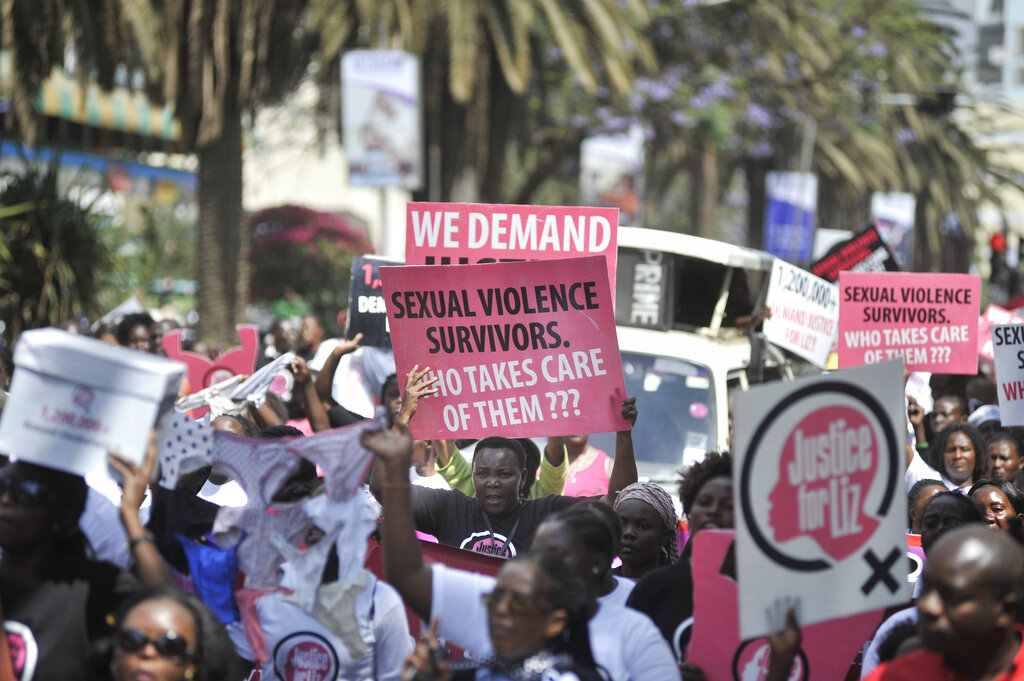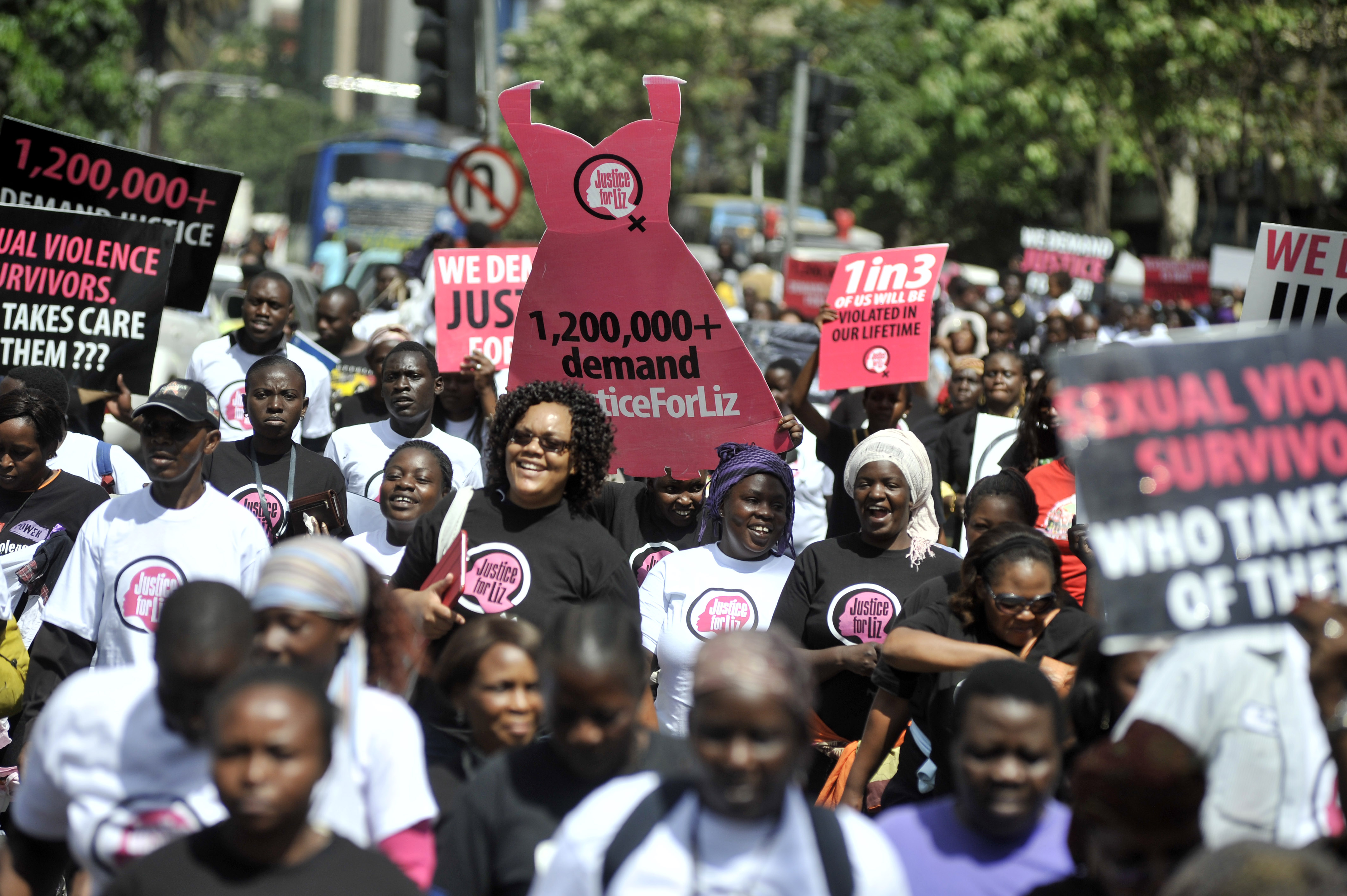To the public eye, journalists may appear as invincible individuals, who dare to speak truth to power on behalf of the masses and act as their mouthpieces. In reality, however, journalists also encounter problems, although they seldom speak out. Inside most African newsrooms, sexual harassment is regularly ignored, even when it affects their work, personal well-being and the organisation.
For victims of sexual harassment, newsrooms, designed as platforms to speak out, are gradually transforming into daily torture chambers due to the increasing number of cases that go unreported and unaddressed. With limited or lack of proper channels for reporting, many now suffer from various psychological and social problems. Consequently, their professional output and well-being are greatly compromised, leading many talented individuals to leave or shun this career.
In addition to a drop in sales and revenue, the brand’s integrity will be at risk, potentially draining the company’s financial resources on legal fees.
“Most of the time, as journalists we often write about other people’s issues, we are on the frontline to fight for other peoples’ rights, and not looking out for ourselves,” said Rose Mgakula (not a real name), an experienced Tanzanian journalist. “Most of the time, you may find a journalist facing the same challenges, he/she writes about, instead, they write about what others are facing, because some people don’t believe we also have problems. We are good at writing and finding solutions for others.”
In the recent book, Coming Out of the Shadows: The Untold Stories of Sexual Harassment in Zimbabwe’s media, by Faith Zaba, various journalists shared their sexual harassment experiences, which strikingly reflect the dire situation in most African newsrooms. The book launch comes shortly after an incident where a female journalist at Zimbabwe Broadcasting Corporation (ZBC), exposed her boss in a recorded audio, accusing him of soliciting sexual favours, to approve her transfer to the capital city, Harare.
While the viral audio sparked debate, unfortunately, like other previous cases, it may face a similar fate, potentially denying the victim the justice she deserves. Certainly, such incidents not only haunt the victim, and affect their well-being, but also affect their family members, because of the offender’s influence. Despite her courage in speaking out to reveal the ordeal and possibly warn and protect others, she paid the ultimate price for coming forward. “In Zimbabwe, sexual harassment is a form of violence often ignored, trivialised, or normalised. Women, particularly those in the media industry, are vulnerable to sexual harassment due to their precarious working conditions, fear and social stigma,” Zaba wrote.
In all intent and purposes, anyone who has experienced sexual harassment will remain affected physically and psychologically and this hinders even the best journalists from concentrating and performing as is expected.
Across Africa, various research and reports on sexual harassment identify an almost identical pattern, featuring ‘untouchable perpetrators’ who wield power and influence to determine a victim’s professional destiny, abusing their authority to satisfy their sexual desires. The pervasive absence of effective recourse to combat the scourge exacerbates the problem, which has a huge bearing on the broader journalistic ecosystem, compromising the quality, integrity and welfare of journalistic work.
Lorraine Manishatse, an independent Burundian journalist and researcher in gender studies, recalls an incident of how a fellow Burundian female journalist lost her job, after confronting her perpetrators. “I recall a case of a fellow female journalist who testified about being labeled an unsociable person by male colleagues because she didn’t tolerate their rude comments about her clothing, body and buttocks. Feeling threatened, she used violence to protect herself, ultimately leading to her dismissal,” said Manishatse.

Jane Godia, Deputy Executive Director, Africa Region, WAN-IFRA, Women In News, emphasizes that sexual harassment directly impacts safety, security, and human rights, and if not addressed, it will leave victims physically and psychologically scarred, with adverse repercussions for the organisation. “In all intent and purposes, anyone who has experienced sexual harassment will remain affected physically and psychologically and this hinders even the best journalists from concentrating and performing as is expected. Sexual harassment comes laced with threat and intimidation, and the cloud of fear hanging over a survivor makes it difficult for them to focus on their work as their attention is more divided to what happened and fear of what will happen next.”
While harassment may usually happen between a few individuals, sometimes in private, the revelation of such instances disrupts the newsroom working environment, fostering hostility, damaging teamwork, and generating animosity. “There might be an unequal distribution of work and resources, and it may affect the entire team, organisation in performance, mental health, and the overall news production cycle,” said Mgakula. “In some cases, some journalists are infected with diseases, and their wellbeing and output for the organisation are affected.”
If newsrooms ignore or tolerate sexual harassment, they may experience talent flight and high staff turnover, which is detrimental to the organization’s growth, as journalists feel unsafe. “Sexual harassment affects the core of the journalistic practice, jeopardising the future of the profession in ways perpetrators and media organisations cannot imagine,” said Godia. Eventually, Godia said, “the company’s balance sheet is affected because the organization develops a bad reputation.”
In addition to a drop in sales and revenue, the brand’s integrity will be at risk, potentially draining the company’s financial resources on legal fees. In Malawi, for example, sexual harassment victims were compensated, and those who resigned were allowed to return to work. The accused is still trying to appeal his ongoing case. “The reputation of the perpetrator and their media organisation suffers once this goes out in public,” Godia observed. “The company may lose money and spend a lot of man-hours in court when they are sued for failing to provide a safe work environment.”
Based on past experiences, Mgakula observed that the fear of job loss may perpetuate victimisation of individuals in anticipation of token and unsustainable favours. When an abuser targets new and innocent victims, especially interns and junior staff, it creates conflicts within the newsroom. “There are some who may think that being treated as a commodity in the newsroom is beneficial, because of an opportunity to travel, to attend meetings and trainings, but it is not sustainable. If the boss has an affair with someone else in the newsroom, conflicts and misunderstandings among co-workers frequently arise, as has occurred in the past.”








































